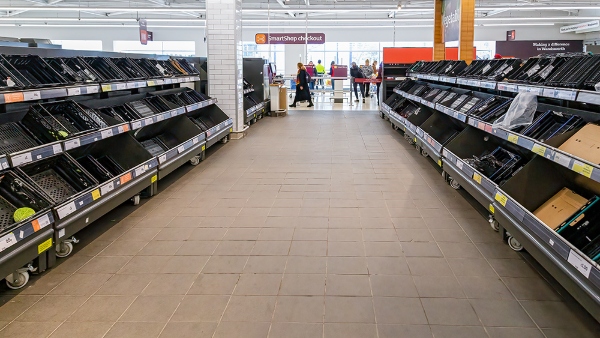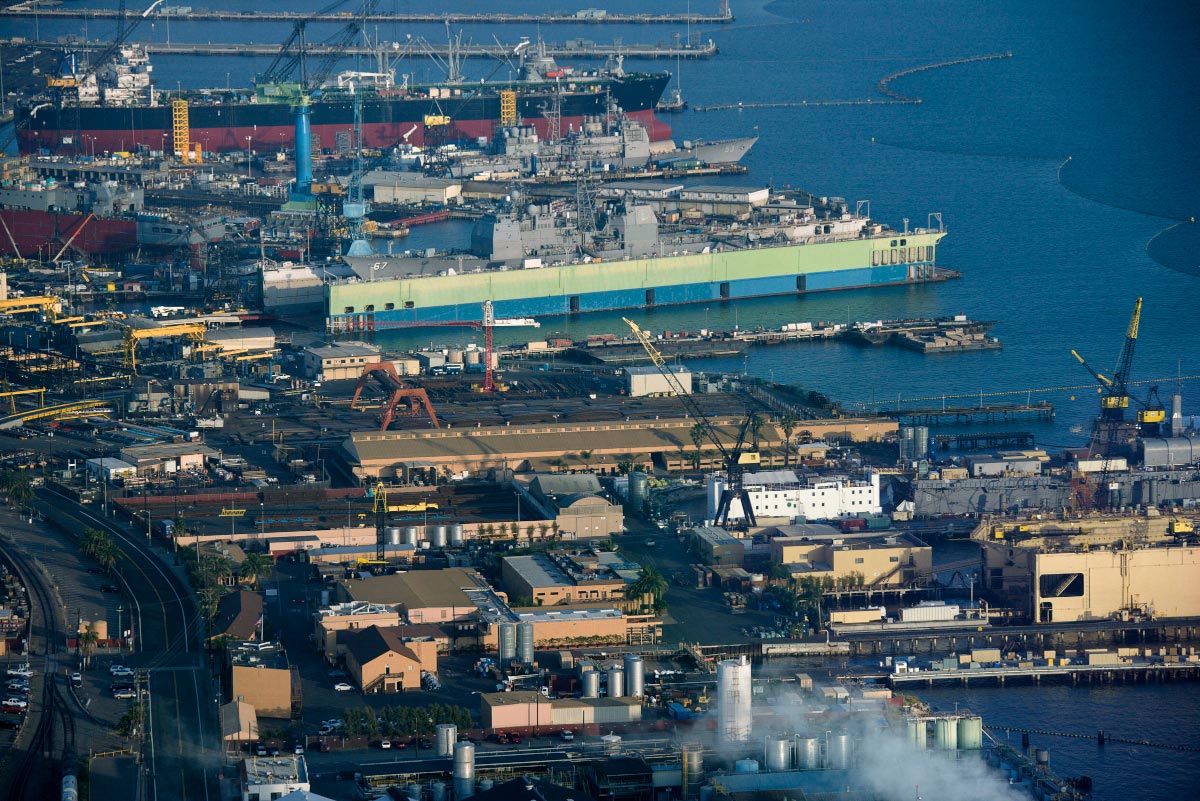 Parler
Parler Gab
Gab
Supermarket executives partially blame shortages on hoarding
Many industry executives are at least partially blaming their shortages on people buying too much of certain items. "People are hoarding," said Adnan Durrani, CEO and founder of food company Saffron Road. "The problem is people buy more of the other products," said Arthur Ackles, vice president of merchandising and buying for Massachusetts-based supermarket chain Roche Bros. These executives are blaming their customers for rationally thinking ahead and preparing for shortages even though evidence shows the supply chain crisis is being caused by a combination of labor shortages, inflation and transportation problems, among other factors. (Related: There's no such thing as "panic buying," only rational people wisely stocking up on strategic supplies in anticipation of further disruptions.) In many supermarkets, store managers are preparing to deal with shortages of popular food brands and other staples to continue for at least the next few months, especially since the holiday season is coming up and customers are expected to make more purchases. Tinglong Dai, a professor of operations management and business analytics at the Johns Hopkins Carey Business School in Baltimore, recommends that people buy their holiday gifts as early as they can to avoid possible holiday-induced shortages. "Buy local, buy American. Shop for holiday gifts as early as you can, if you really have to get that perfect Christmas gift on time. Support local businesses and domestically made products," said Dai. "We really need to support U.S. manufacturers and brick-and-mortar retailers if we care about the health of our supply chains." Learn more about how supermarkets are dealing with the supply chain crisis by reading the latest articles at MarketCrash.news. Sources include: WSJ.com Bloomberg.com TheGuardian.com Phys.orgAmericans lining up outside food banks as record inflation continues
By Belle Carter // Share
Diminished US refining capacity from facility closures contributing to soaring gas prices
By Belle Carter // Share
Port of Los Angeles director: US supply chain at risk if rail service does not improve
By Mary Villareal // Share
Nearly 100 hospitalized following consumption of Daily Harvest vegan product
By Belle Carter // Share
Massive uprising erupts in Panama over inflation and deteriorating economic conditions
By Arsenio Toledo // Share
Fact check: No, RFK, Jr. did not say COVID was an ethnically targeted bioweapon that spared Jews
By healthranger // Share
Top 10 signs you might be an obedience idiot
By healthranger // Share
By newseditors // Share
Dangerous heat wave expected to set record highs throughout US South and Southwest
By isabelle // Share
Secret Service admits it found marijuana twice at the White House in 2022
By arseniotoledo // Share











